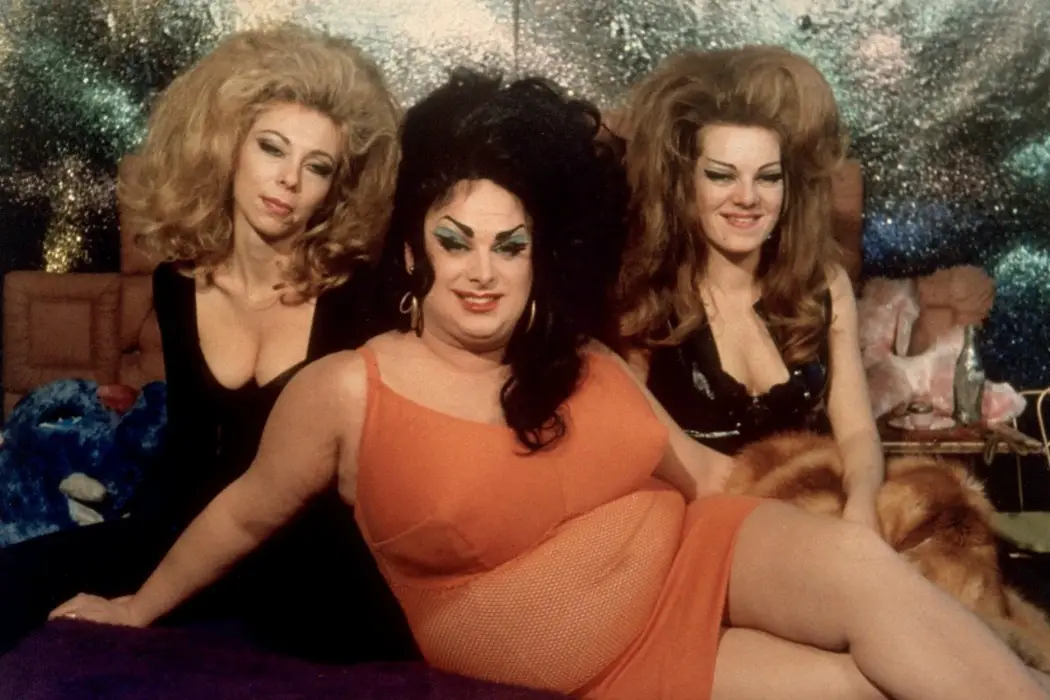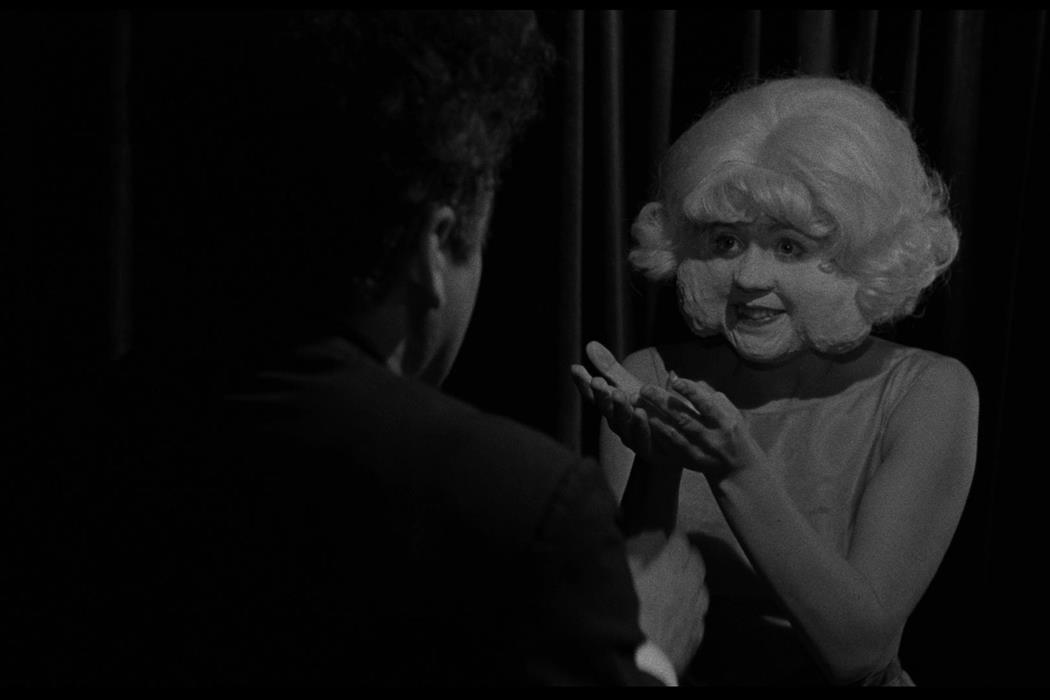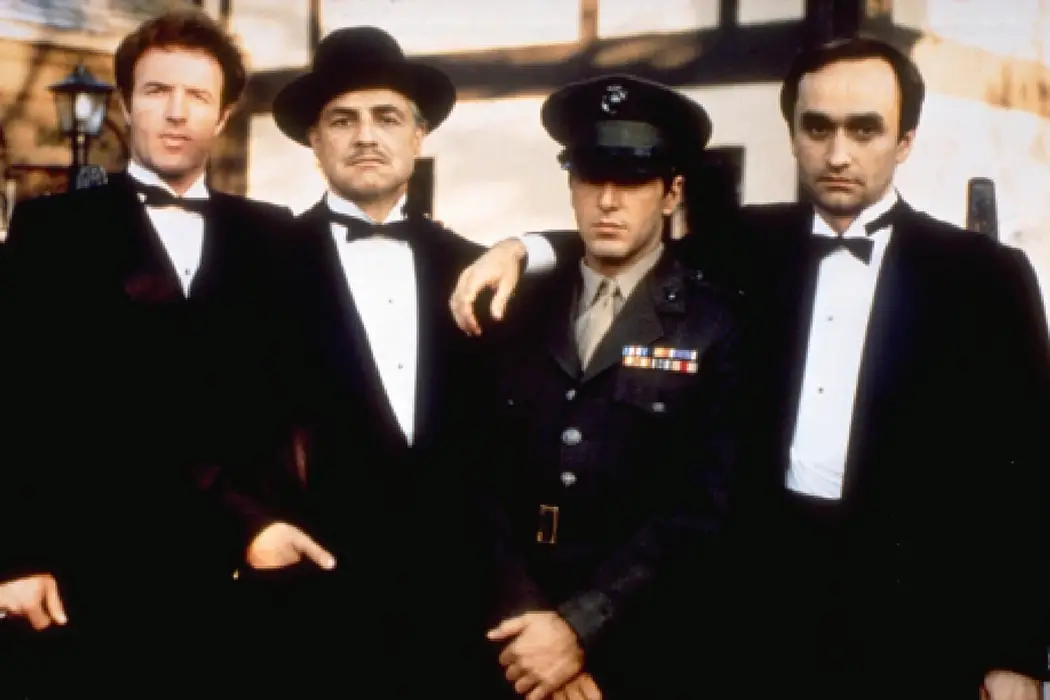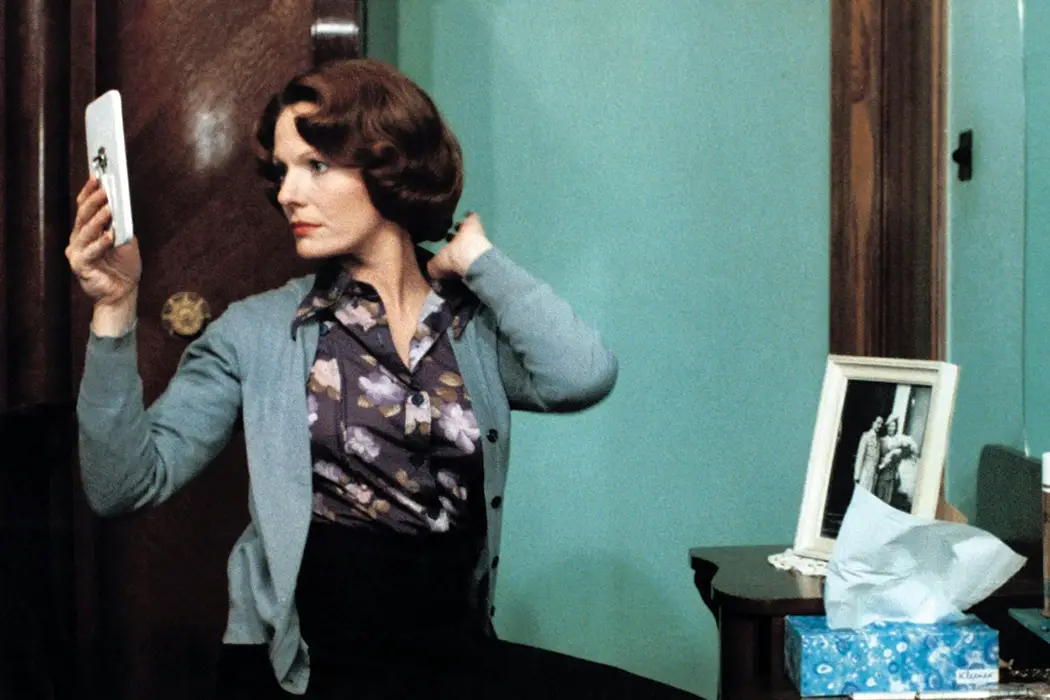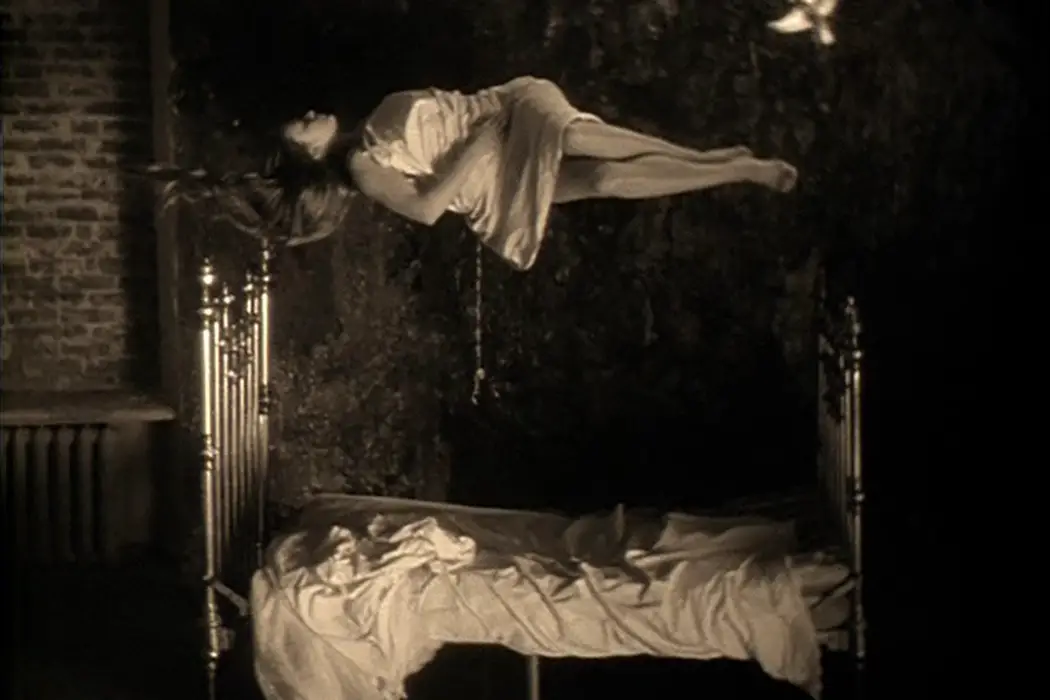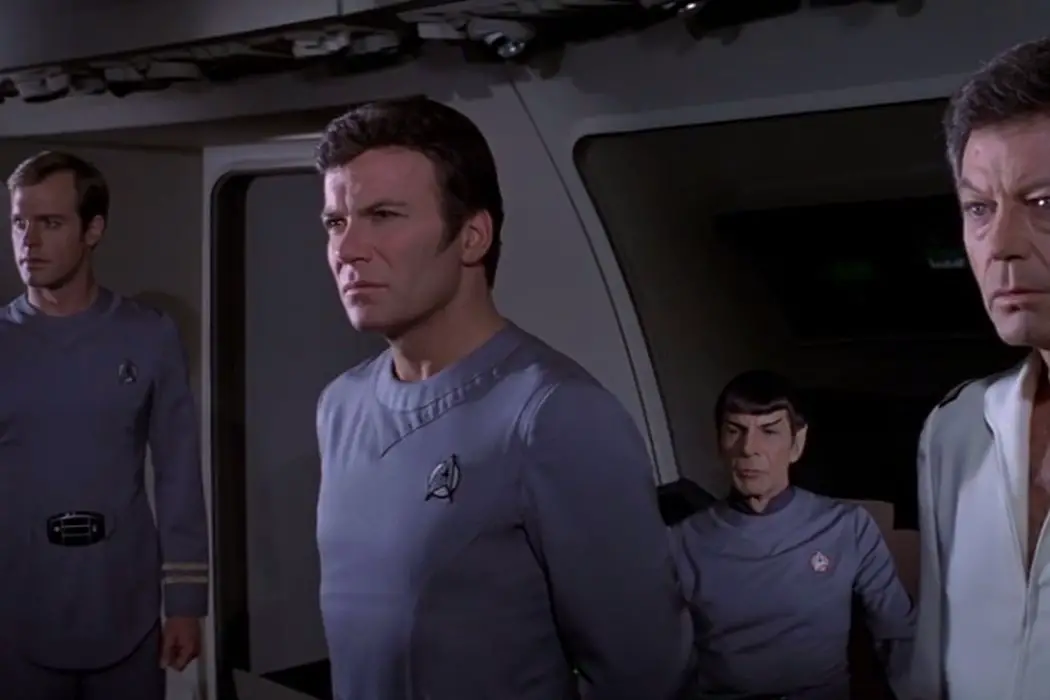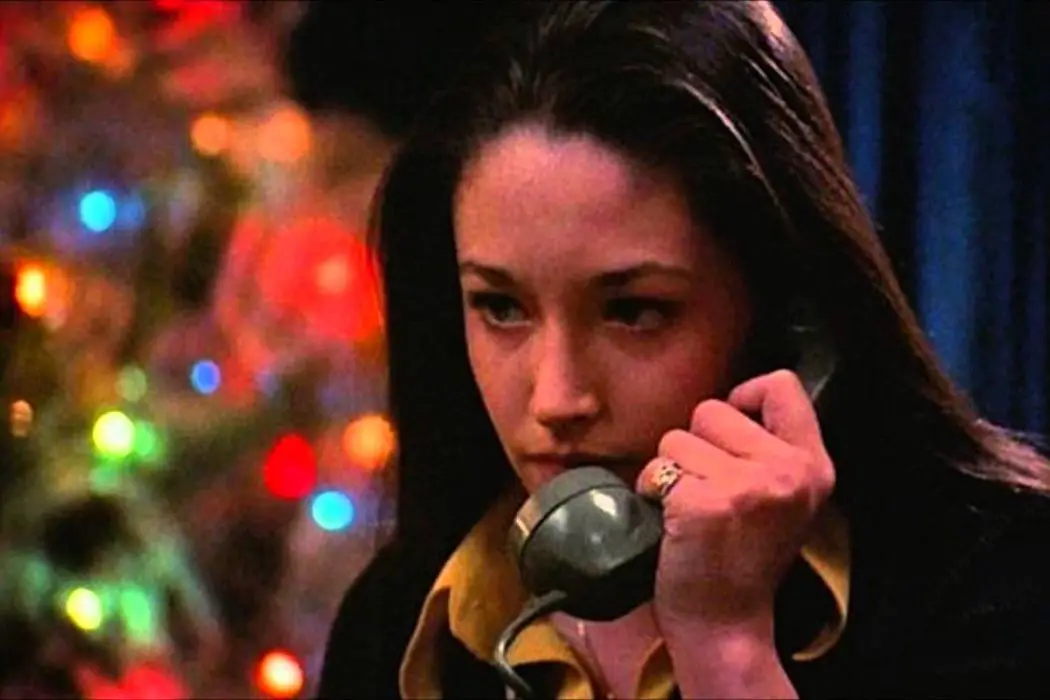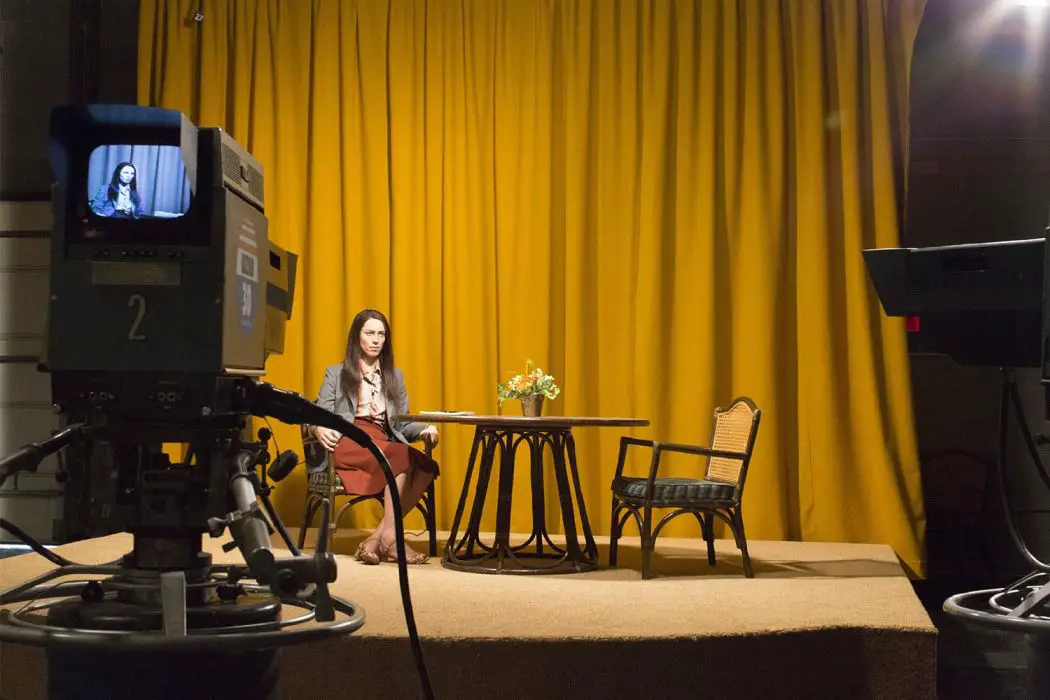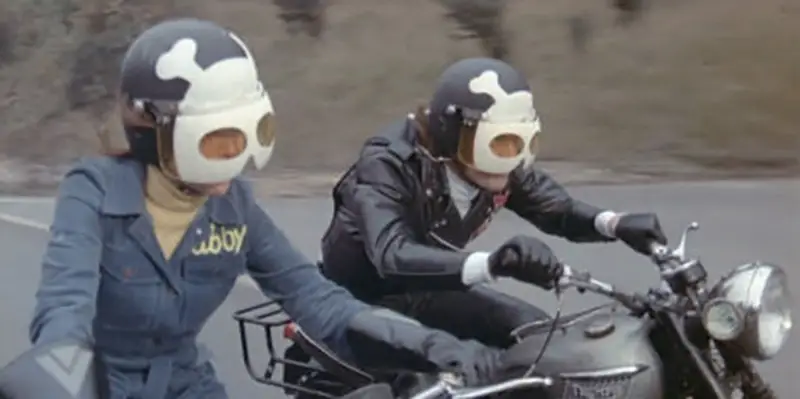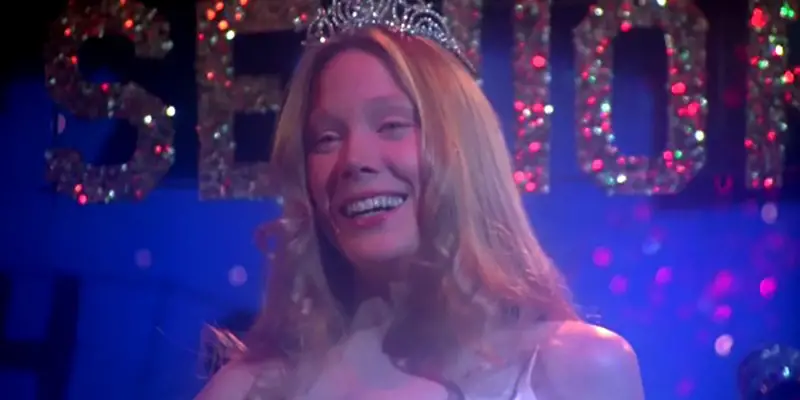1970s
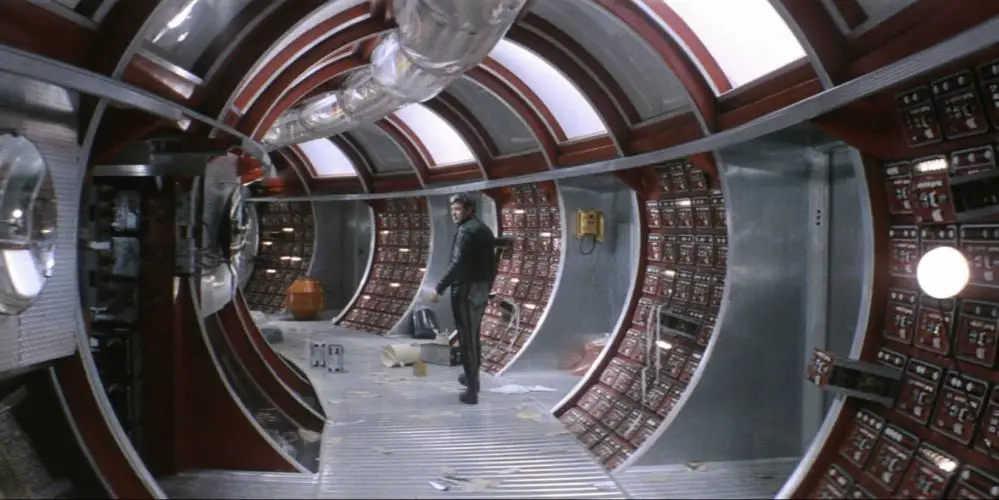
In Tarkovsky’s 1972 film Solaris, Kris Kelvin (played by Donatas Banionis) journeys to a space station on the sentient planet Solaris in order to investigate whether the planet is still useful for scientific inquiry. Critics at the time considered Andrei Tarkovsky’s 1972 film as the Soviet answer to Stanley Kubrick’s famed 1968 film, 2001: A Space Odyssey.
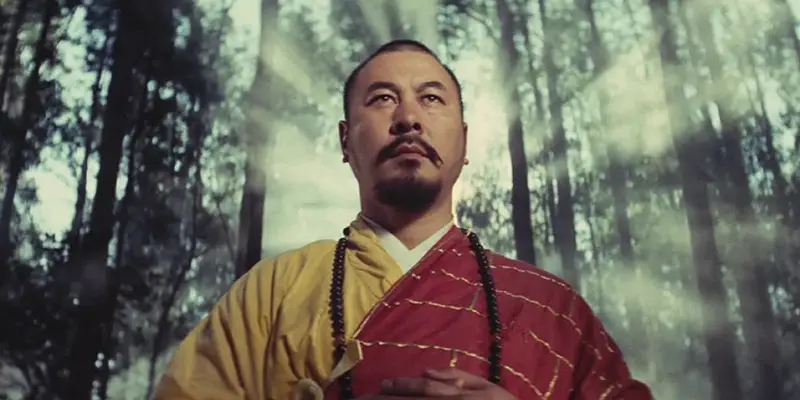
The new Criterion Collection release of A Touch of Zen includes director King Hu’s own notes on the film. In these notes, Hu discusses a conversation he had with a Zen Buddhist who told him that Zen must be understood not through verbal explanation, but through an enlightening experience. Despite his renown as a director of wuxia films, Hu was neither a Buddhist nor a martial artist; but, he believed that capturing an experience of Zen would make for a strong film.
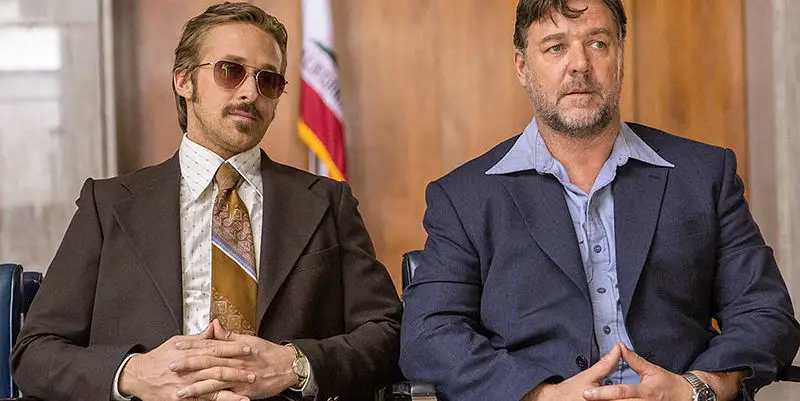
Shane Black’s The Nice Guys couldn’t come at a better time. Actually, strike that. If it had come out just a few months later after the slog of the summer movie season of blockbuster remakes, sequels, reboots, and rehashes had polluted our minds, then perhaps it would be received all the more with acclaim.
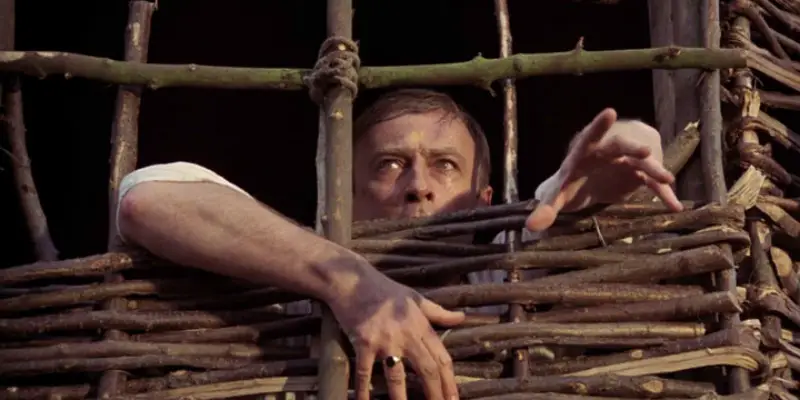
In the brilliant and insightful documentary A History of Horror, British writer and actor Mark Gatiss explores the horror genre throughout many countries. While discussing British horror cinema of the 1960’s, Gatiss uses the term ‘folk horror’ to describe a short but very curious subgenre. The films that make up this genre are unmistakably British and owe a large debt to the trail blazers of horror cinema in Britain:
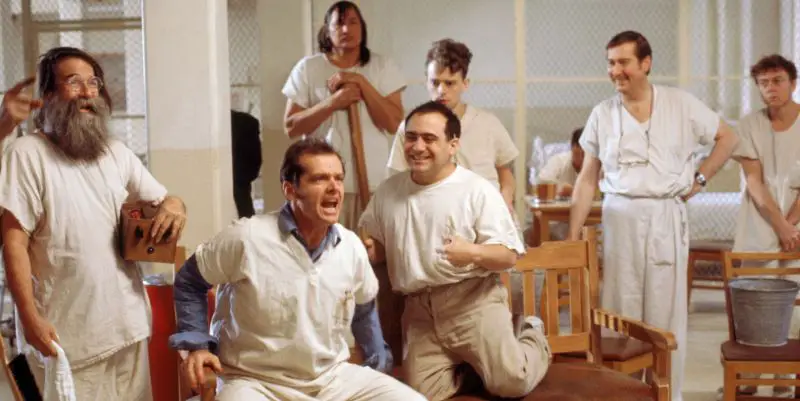
It’s been quite some time since my last volume of Words vs. Moving Pictures, in which I discussed Harper Lee’s To Kill A Mockingbird and compared it to the 1962 film. Since then, it has taken me a long time to try to find another book and subsequent movie adaptation that would be worthy of discussion.


